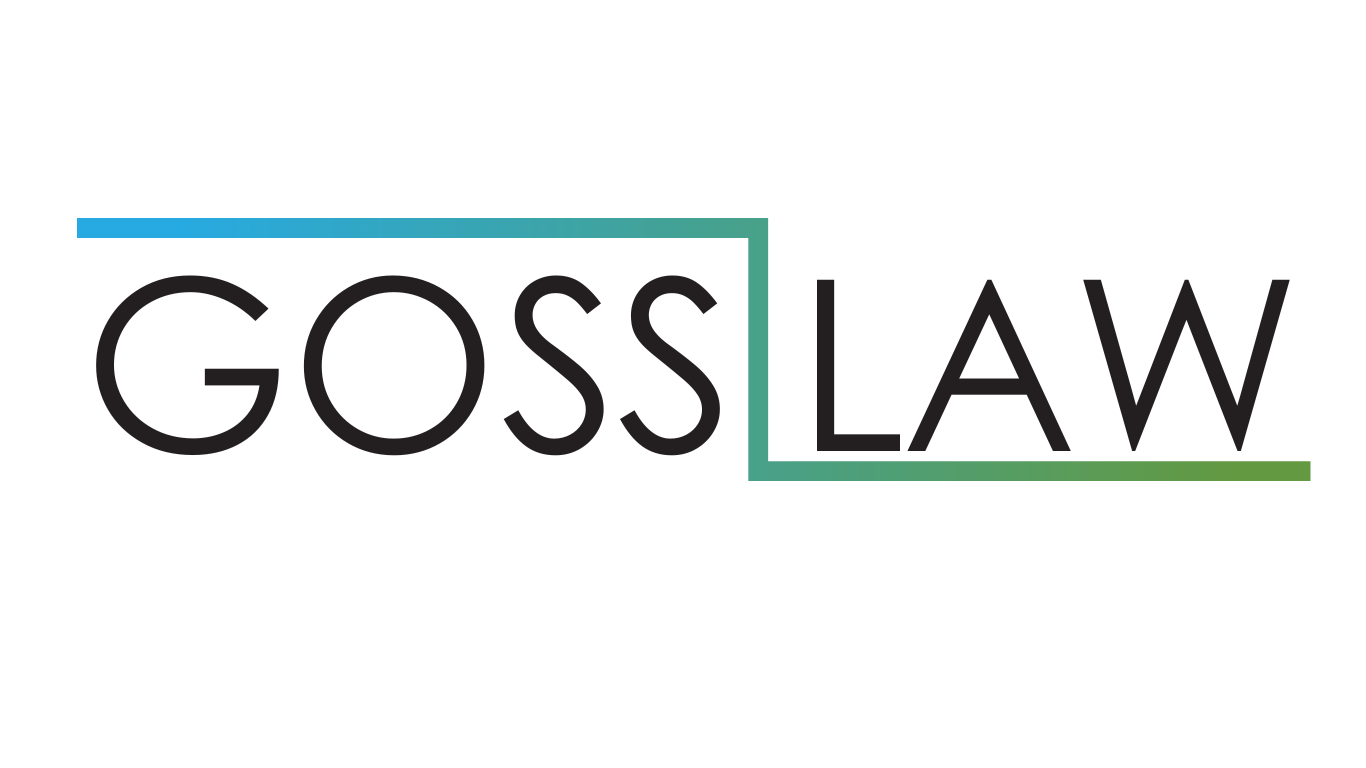Adjustment of Status
Adjustment of status (AOS) is the process that allows certain immigrants already living in the United States to apply for lawful permanent residency — without leaving the country. For many families, this pathway is the most practical and least disruptive option, allowing them to continue their lives in the U.S. while pursuing a green card.
Adjustment of Status: A Path to Permanent Residency in the U.S.
At Goss Law, we help clients in Minneapolis, St. Paul, and across the Twin Cities understand whether they qualify for adjustment of status, prepare complete applications, and avoid costly mistakes. We provide practical, straightforward advice so you know exactly what to expect.
Who Qualifies for Adjustment of Status?
Not everyone is eligible for adjustment of status. To apply, you must:
- Already be physically present in the United States.
- Have entered legally (with inspection or parole).
- Be eligible for an immigrant visa through a family petition, employment, or another basis.
- Have an immigrant visa immediately available at the time of filing.
There are exceptions and waivers in certain cases, but eligibility rules are strict. We review each client’s history carefully to determine whether AOS is possible.

Who Qualifies for Adjustment of Status
Eligibility for AOS is determined by strict rules. In most cases, you must have entered the U.S. legally—through inspection at a port of entry or on a valid visa. If you are the immediate relative of a U.S. citizen (a spouse, unmarried child under 21, or parent of a U.S. citizen over 21), you may qualify even if you overstayed your visa. Others may need to demonstrate that they have continuously maintained lawful status. Every situation is unique, and even small variations—like whether you used a student visa, a visitor’s visa, or parole—can dramatically change the options available.
The Application Process
Adjustment of status involves a stack of forms, but it’s more than paperwork. The core is Form I-485, supported by evidence of your eligibility. For family-based cases, this usually pairs with Form I-130, showing proof of a valid family relationship. Employment cases may involve Form I-140. Supporting forms like I-765 (work authorization) and I-131 (advance parole) allow you to work and travel while your case is pending. We guide clients through biometrics appointments, collect the right supporting evidence, and prepare them for the USCIS interview that often determines success or denial.
Common Challenges in AOS Cases
Adjustment is rarely straightforward. Many applicants run into hurdles such as:
- Gaps in lawful status due to overstays or unauthorized work.
- Prior immigration violations, such as misrepresentation or entries without inspection.
- Medical or security grounds of inadmissibility.
- Complex marriage-based petitions where proving a bona fide relationship requires extensive evidence.
We believe in preparing clients for these issues early, not ignoring them until USCIS raises questions. If a waiver is required, we explain what it entails, how long it may take, and what evidence is most persuasive.
FAQs
What is Adjustment of Status and who qualifies in Minneapolis?
Adjustment of Status is the process that allows certain noncitizens already in the United States to apply for a Green Card without returning to their home country for consular processing. To qualify in Minneapolis, applicants generally must have entered the U.S. legally, be eligible for an immigrant visa, and have an immediately available visa number. Common categories include spouses and children of U.S. citizens, other family-based petitions, employment sponsorships, asylum and refugee status, and certain humanitarian programs. Unlike consular processing, Adjustment of Status allows applicants to remain in the Twin Cities while their case is reviewed by the local USCIS field office. Applicants file Form I-485 (Application to Register Permanent Residence or Adjust Status) along with supporting documentation such as proof of lawful entry, medical exams, and financial sponsorships. Because eligibility rules are strict—especially if there were past overstays or violations—it is important to consult with an Adjustment of Status attorney in Minneapolis before filing. At Goss Law, we evaluate eligibility, explain risks, and prepare strong applications. We emphasize practical and honest guidance so families know what to expect and can avoid costly mistakes in the process of becoming lawful permanent residents.
How do I apply for Adjustment of Status in Minnesota?
To apply for Adjustment of Status in Minnesota, the main form required is Form I-485. Most applicants also submit Form I-130 (for family sponsorship) or Form I-140 (for employment sponsorship), depending on the eligibility category. Supporting documents include a copy of your passport, visa, birth certificate, marriage certificate (if applicable), medical exam (Form I-693), and proof of the petitioner’s U.S. citizenship or lawful permanent residency. Applicants must also include Form I-864 (Affidavit of Support) to show that a sponsor can financially support them. Once filed, applicants are scheduled for a biometrics appointment at the local USCIS office serving Minneapolis and the Twin Cities. Afterward, most applicants attend an in-person interview where a USCIS officer reviews eligibility, verifies documents, and asks questions about the application. Processing times can range from 12 to 36 months depending on the category and backlog. At Goss Law, we prepare clients by organizing all documentation, ensuring forms are accurate, and conducting mock interviews. A Minneapolis immigration lawyer ensures the application is complete, reducing delays or denials, and provides representation at the local USCIS office to guide clients through the entire process.
How long does Adjustment of Status take in Minneapolis?
The timeline for Adjustment of Status varies depending on the applicant’s category and the current USCIS workload. In Minneapolis, most family-based Adjustment of Status cases take 12 to 24 months, while employment-based cases may move faster if a visa number is available. Humanitarian categories, such as asylum-based Green Card applications, can take longer due to national backlogs. Applicants should be prepared for multiple steps that add time: biometrics appointments, USCIS interviews at the Twin Cities field office, background checks, and potential Requests for Evidence (RFEs). Delays may also occur if the petitioner or beneficiary has past immigration violations, criminal issues, or missing documentation. While USCIS provides estimated processing times online, real cases often differ. At Goss Law, we give clients realistic timelines based on current trends in Minneapolis and nationwide. We emphasize preparation so cases are less likely to stall. While no attorney can force USCIS to move faster, working with a Minneapolis Adjustment of Status lawyer ensures that your application is error-free and ready for review, reducing the chances of unnecessary delays. This practical approach helps families set expectations and plan for the future.
Can I work while my Adjustment of Status case is pending?
Yes, most Adjustment of Status applicants can legally work in Minneapolis while their case is pending, but only if they apply for a work permit. Alongside the Form I-485, applicants may file Form I-765 (Application for Employment Authorization) and Form I-131 (Application for Advance Parole), often referred to as the “combo card.” The work authorization (EAD) allows lawful employment while the Green Card is under review, and Advance Parole provides travel permission. Typically, applicants receive their work permit within 3 to 6 months of filing, although processing times vary. Without this document, it is illegal to work in the U.S., and unauthorized employment can harm your case. Having legal work authorization provides financial stability during the often lengthy process. At Goss Law, we assist clients in filing EAD and travel applications along with their Adjustment of Status petitions to minimize wait times. We also track renewals if processing is delayed. For clients in the Twin Cities, being able to work while waiting for a Green Card is often essential, and an Adjustment of Status lawyer in Minneapolis ensures the correct filings are made for lawful employment.
Do I need a lawyer for Adjustment of Status?
While Adjustment of Status can be filed without legal representation, most applicants benefit significantly from working with a Minneapolis Adjustment of Status attorney. The process involves multiple forms, strict deadlines, financial sponsorship requirements, medical exams, and an in-person USCIS interview. Small mistakes—such as missing documents, inconsistencies between forms, or failing to update USCIS with a new address—can result in delays, denials, or even referral to immigration court. At Goss Law, we provide practical and honest guidance from start to finish. We evaluate eligibility, prepare detailed evidence packets, and conduct practice interviews to ensure applicants feel confident. We also respond to Requests for Evidence (RFEs) and accompany clients to interviews at the local USCIS field office in Minneapolis. Our role is to remove confusion, reduce stress, and improve the chances of approval. While no lawyer can guarantee results, having an experienced attorney ensures that your case is complete, accurate, and supported by strong documentation. Families in the Twin Cities often find that working with a lawyer saves time, reduces uncertainty, and provides peace of mind during one of the most important processes in their lives.
Serving Minnesota’s Spanish-Speaking Community
Clear Explanations in Spanish for Every Stage of the Process
The adjustment of status process is complex and requires precision at every step. At Goss Law, attorney Edwin Goss, a native Spanish speaker, communicates with you directly in your language to ensure you understand every stage. We don’t just fill out forms—we explain why they are needed, how they will be reviewed, and what problems may arise.
Our firm is founded on the belief that justice should be accessible, practical, and human. Whether you’re pursuing lawful status, defending your family’s future, or seeking answers about your options, we’re here to help guide you through every stage of the legal process.
Helping Families Navigate Work Permits and Travel Documents
Many adjustment applicants need to work or travel while they wait. We prepare applications for work permits (EADs) and advance parole, so you can continue daily life during the process. We also explain the risks of traveling while your case is pending and when it is safer to do so.
Local Advocacy for Spanish-Speaking Families
Our downtown Minneapolis office, near Target Field, provides accessible and honest representation to families throughout the metro area. We know every case is different, which is why we ensure you receive clear, truthful guidance before making important decisions.

